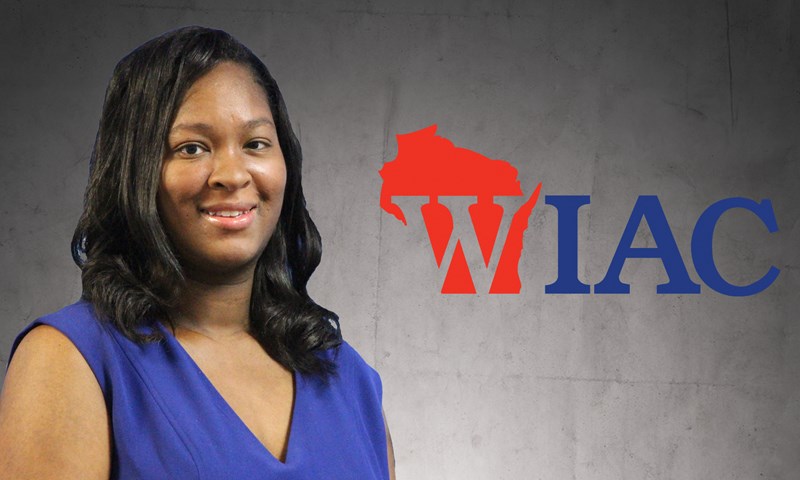UWL to cancel or postpone all fall semester sports
July 30, 2020
On July 27 the Wisconsin Intercollegiate Athletic Association (WIAC) released a statement in regards to the future of fall sports in the University of Wisconsin system. The WIAC has decided to cancel the football, women’s volleyball, men and women’s cross country, and women’s soccer.
The WIAC is compromised of the University of Wisconsin-La Crosse, UW-Whitewater, UW-River Falls, UW-Platteville, UW-Stevens Point, UW-Stout, and UW-Oshkosh.
The statement read: “Conference seasons and championships in the sports of football, women’s soccer, women’s volleyball and men’s and women’s cross country are to be canceled for the 2020-21 academic year. Institutions will retain the autonomy to establish practice opportunities within the limitations stipulated by the NCAA throughout the 2020-21 academic year.”
The remaining fall sports, including women’s golf and women’s tennis, will be postponed until spring 2021. There have been no decisions made on winter sports, and those decisions will be made at a later time.
According to head athletic director Kim Blum, this was not a decision taken lightly and was not easy to make.
“While the safety of our student-athletes and staff is of the utmost importance, the disappointment our program has for our fall student-athletes is very real. We will support our student-athletes and continue to help them achieve their goals in all aspects of their lives, as we work hard to navigate athletics in these unprecedented times,” said Blum.
The cancelations do not just pertain to the WIAC; the National Collegiate Athletic Association (NCAA) acknowledged the many division three conferences that were canceling fall sports.
On July 21, the NCAA released a statement on the flexibility of practice days that would be allowed for schools that will not be participating in a traditional fall season.
Part of the statement read: “With several Division III member schools and conferences announcing they will not compete during the fall semester; this action allows them to keep student-athletes engaged throughout the academic year and be flexible if they need to suspend activities because of health and safety concerns.”
On July 24, the NCAA released a statement on the future of the 22 national championships that would occur in late November for conferences that have not decided to cancel their seasons.
“Today the Board of Governors and I agreed that we must continue to thoughtfully and aggressively monitor health conditions around the country and the implementation of the COVID-19 guidelines we issued last week. The health and well-being of college athletes is the highest priority in deciding whether to proceed with our 22 NCAA championships beginning in late November. We all remain deeply concerned about the infection trend lines we see. It is clear that the format of our championships will have to change if they are to be conducted in a safe and fair manner. We discussed other complexities in addition to the health and safety impacts, to include team availability, travel limitations and various local and state restrictions. We will continue our discussions in August.”
For the past weeks and months, the NCAA has released guidelines and stipulations that conferences and institutions must follow to have a fall season.
WIAC commissioner Danielle Harris said the main factor in deciding on the cancelation was the inability to maintain the amount of testing that would be necessary for each student-athlete.
“Monday was an extremely tough day for everyone in the conference,” said Harris.
Harris also said that her heart goes out to all the student-athletes, but she hopes that this is an opportunity for student-athletes to put things in perspective.
“This gives our student-athletes a chance to pivot, recharge, and refocus, especially in academics.”






